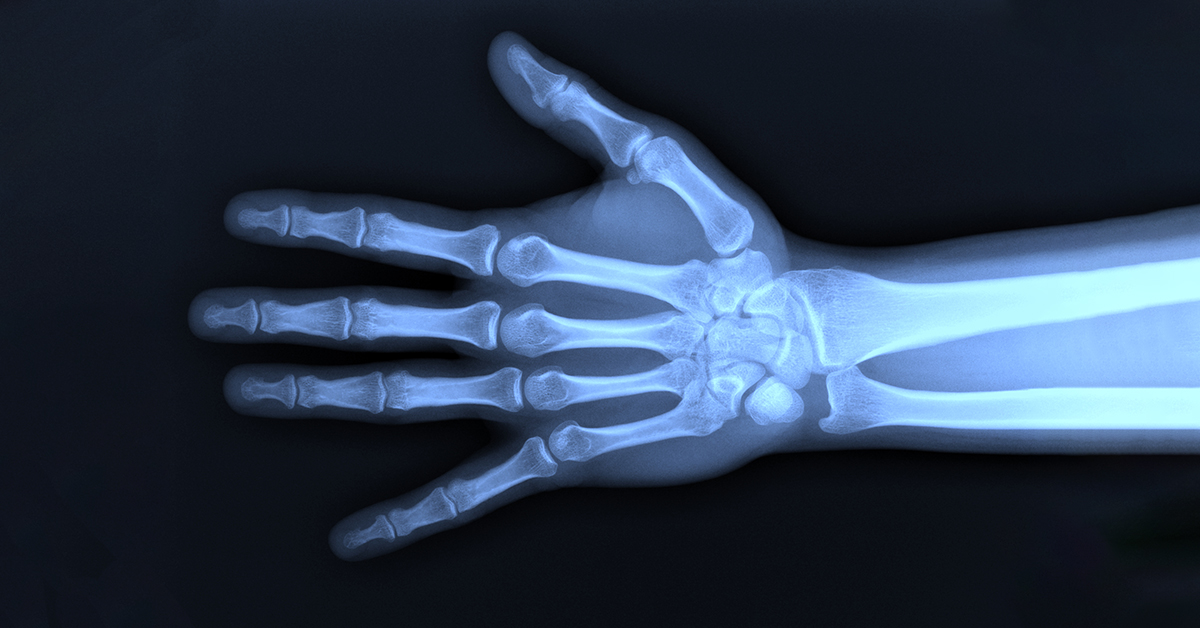
"Is cracking your knuckles bad for your joints?" At some point in their life, everyone has thought about it. The popular habit feels so good but sounds so wrong. While there are loads of opinions regarding knuckle cracking and joint health, there are only a couple facts. Before digging into them, it is important to go over some related anatomy.
Hand Anatomy
The metacarpals and phalanges are the bones of the hand and fingers. The bones come together to form important joints known as the metacarpal phalange (MCP) joints. Commonly referred to as the knuckles, the MCP joints are surrounded by a membrane. Inside the membrane is a lubricating and shock absorbing synovial fluid that protects the joints and allows them to move smoothly.Knuckle Cracking: What Actually Happens
When a person cracks their knuckles, they widen the MCP joint space and synovial fluid rushes into the area and produces a "popping" or "cracking" noise. If a person frequently cracks their knuckles, the joint space becomes larger and the popping or cracking noise becomes louder and easier to produce.The Effects of Knuckle Cracking
Perhaps the biggest concern amongst patients is the idea that knuckle cracking can lead to or speed up the progression of osteoarthritis. While this is a valid concern, medical professionals agree that there is no correlation between pain-less knuckle cracking and osteoarthritis. In order to understand why, it is important to understand what osteoarthritis is and what causes it.Osteoarthritis
Osteoarthritis is a chronic disease characterized by the degeneration of the cartilage and connective tissues that protect the joints and enable them to move. If osteoarthritis is left untreated, inflammation, pain, stiffness, and swelling may occur. Severe osteoarthritis can cause complete destruction of cartilage and soft tissue and bone-on-bone rubbing that is extremely painful for many patients.Causes of osteoarthritis
The three most common causes of osteoarthritis of the hand are genetics, injury, and overuse. Ultrasound visualization has shown that knuckle cracking does not affect the cartilage or connective tissues of the MCP joints and thus does not cause osteoarthritis. It has also been shown that knuckle cracking does not affect the viscosity of the synovial fluid and decrease its ability to lubricate and protect the MCP joints.When knuckle cracking should be avoided
Knuckle cracking should never be painful. It also should not cause your tendons to change position or snap. If these symptoms present when you crack your knuckles, it is recommended that you make an appointment with an orthopedic hand specialist as delaying a diagnosis and subsequent treatment may lead to your symptoms becoming worse.How to Make an Appointment
If you are ready to make an appointment with an orthopedic specialist who can provide you with a treatment solution to your hand problem, please contact our office today to make an appointment.
